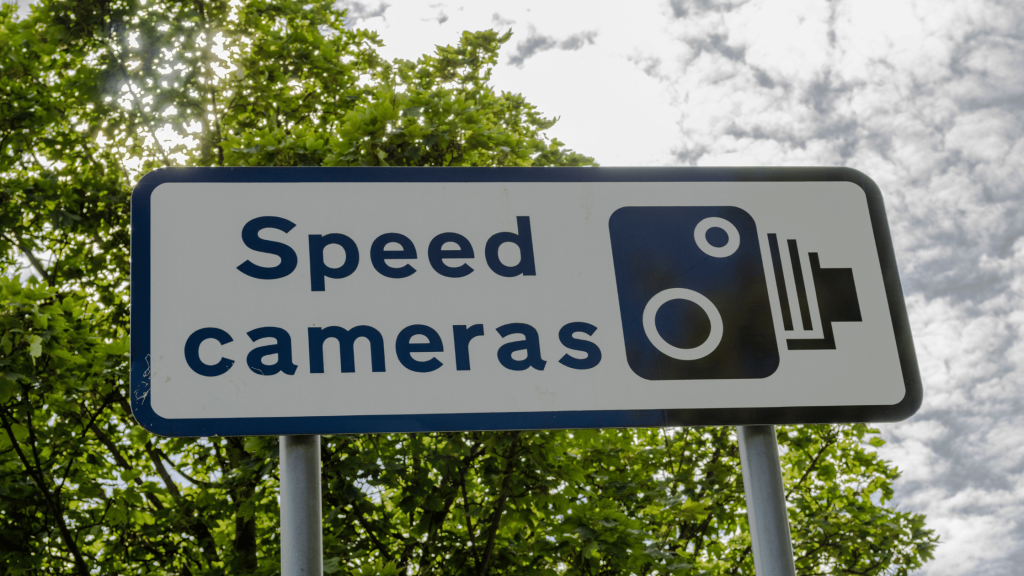The moment you see that flash in your rearview mirror or are pulled over by a police officer, the panic sets in. Have I been caught speeding? What happens next? In Northern Ireland, dealing with speeding offences is a specific legal journey governed by local law.
Understanding Speeding Offences in Northern Ireland
When a speeding offence is detected in Northern Ireland, either by a camera or a police officer, the process that follows depends on the method of detection. If a speed camera records the offence, a Notice of Intended Prosecution (NIP) is sent to the vehicle’s registered keeper within 14 days. This notice legally requires the keeper to identify the driver within 28 days; a failure to do so is a serious offence. Once the driver is identified, police may issue a Fixed Penalty Notice, a summons for a speed awareness course, or a court summons.
If a police officer stops a driver at the roadside, they may issue a Fixed Penalty Notice (FPN) on the spot. For minor offences, this typically includes a £100 fine and three penalty points, which must be accepted and paid within a set period. Accepting the FPN is an admission of guilt, but drivers have the right to contest the charge in court if they believe they were not speeding.
The penalties for speeding in Northern Ireland vary based on the offence’s severity. Minor offences may be handled with a speed awareness course, which avoids penalty points. More moderate offences typically result in a £100 fine and three points. However, serious or repeat offences can lead to a court summons, where penalties can be much higher, including fines up to £1,000, more points, or a driving disqualification. New drivers who accumulate six or more penalty points within two years of passing their test face licence revocation.
How to Check and What to Do Next
If you suspect you’ve been caught speeding by a camera but haven’t received a notice, you can’t proactively “check” if a fine is coming. The only way to know for sure is to wait for the NIP to arrive. This must happen within the 14-day window. If you don’t receive it, the police cannot prosecute you, although there are some limited exceptions to this rule.
If you have received an NIP or an FPN, it is crucial to act quickly and correctly. Read all the documents carefully and consider your options.
- Accepting the Penalty: For an FPN, you can pay the fine and accept the points. For an NIP, you will return the form and then receive a subsequent fixed penalty offer.
- Contesting the Offence: If you believe you have a defence, you can choose to take the matter to court.
Navigating the legal intricacies of motoring offences can be complex. This is where professional legal advice becomes invaluable. A solicitor can help you understand your legal position, identify any potential grounds for a defence, and represent you in court if necessary.
Contact McPartland & Sons Solicitors for Expert Advice
Receiving a speeding notice can be a worrying time, but you don’t have to face it alone. Whether you want to understand your options, have grounds to challenge a notice, or need representation in court, the experienced legal team at McPartland & Sons Solicitors is here to help.
If you are concerned about a speeding offence, contact us today for expert, confidential advice. We will guide you through the process, protect your rights, and work towards the best possible outcome for your situation.
Related Blogs:

